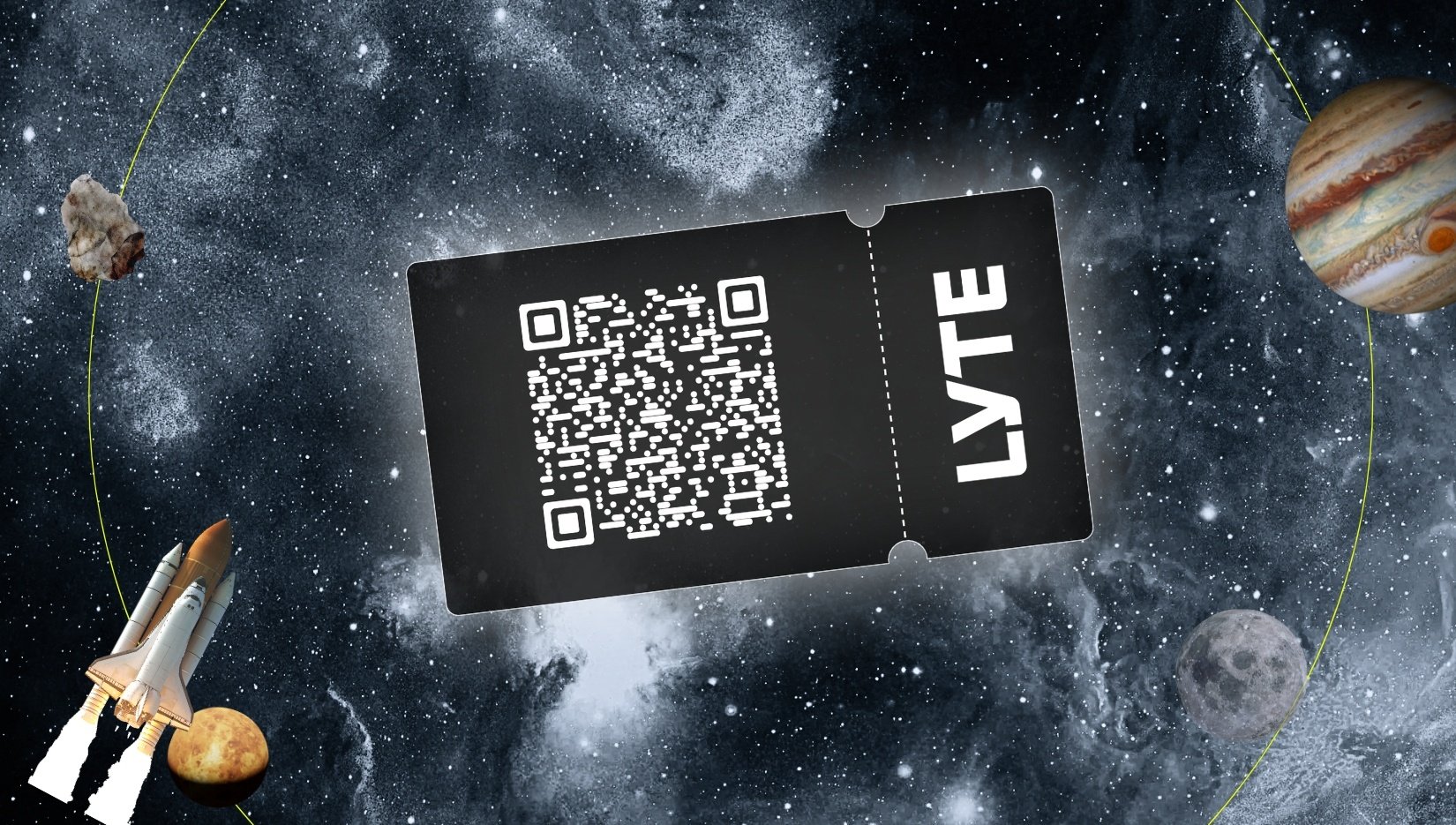Day Zero: Building a Better Ticketing Future
Read Time 4 mins | June 26, 2024 | Written by: Ant Taylor

For over 40 years, live event ticketing has missed the point that innovation must improve the fan experience…as fans are (still) the lifeblood of the industry. To that end, as the industry has evolved, the challenges have predictably piled up: run-away ticket prices, scalpers exploiting fans, festivals and events shuttering, fewer artists touring, fewer fans going, etc. Decades ago, we purchased tickets at retail outlets; now we do so on our phones. But has this change dramatically improved our experience?
Think about other industries over that same time period! When I plan a vacation, I can book a house in any city in the world at a fraction of the price of a hotel room. My selection can be toggled for exactly the space and privacy I wish. I can hail a car service in minutes in those same cities for the precise size and experience I wish. These innovations are so fan obsessed, they changed the idea of car and home ownership in our society—on both sides, for the hosts/drivers and the consumers. Not so in ticketing. Live events today are more risky than ever to produce - and to attend. We can do better.
Recent legislative and executive actions suggest that regulatory change is on the horizon. At the same time, it is clear this industry needs rewiring from within. Now is the time it can happen. This is a real opportunity for innovation, a Day Zero for our industry where we can build a new live events industry.
In talking to partners, event producers and—most of all—fans, there are a few key aspects of the industry that are primed for innovation:
- Move beyond fees. Fans hate fees and this is never going to change. Can there be more transparent ways to build in costs in a fan friendly way?
- Modernize ticketing returns. Anything we buy today can be returned...except tickets. From Southwest Airlines to Amazon, modern marketplaces get consumers buying more, and more often, with no-nonsense returns. It’s time for live events to do the same.
- Think less about exclusivity and more about the opportunity. Event creators and producers want multiple ticketers servicing the same event. Each ticketing platform has unique strengths and reach—why not team up for the benefit of all?
- Tear down walled gardens. Complete freedom to work with best-in-class third party developers could inject more innovation into every part of the fan experience.
- Create alternatives to ticketing company financing. Ticketing companies are mostly just banks at this point. Democratizing access to capital with innovative, fair and transparent funding sources would benefit everyone in the live event industry.
- Experiment with new business models. Lack of innovation has forced ticketing companies of every size to play by the same rules. More business model innovation could diversify the industry for the benefit of fans and event producers.
I founded Lyte as an open tech platform for any event producer to control their own secondary market and for any ticketer to integrate and benefit from our platform. Producers can better understand, activate and own their event data, and better understand their customers. As a result, fans get an awesome experience. It has been a win-win-win for creators, fans and producers.
After developing our ticket exchange platform, we realized exclusivity in primary ticketing was the context that enabled the bad behaviors that define the second market. So, we invested in the development of our own primary ticketing platform to solve this problem.
Since then, we’ve been hard at work testing out other Day Zero theories:
- We unified ticketing, integrating a modern primary ticketing platform with a ticket exchange into a single experience. It's brought extra revenue to event producers and creators while lowering ticket prices for fans. Unified ticketing unlocks data event creators have never had, dramatically reducing their marketing cost and dependence on marketing intermediaries, from Facebook to ticketing companies.
- We matured our ticket exchange, the only secondary solution that can beat scalpers and give promoters ownership over their secondary market. The exchange is more than a waitlist; it is real mastery over the supply and demand dynamics of an on sale. It is providing event producers with powerful pricing data to help them sell out faster.
- We introduced returnable tickets to enable the easy return of tickets. Provided with flexibility, fans are saying “yes” to more events sooner than ever before. They are buying tickets earlier instead of later because of this innovation.
- We have built an open platform. Third party ticketing platforms can use our ticket exchange and returnable tickets features. These integrations enable more robust data sets for event producers and creators.
These successful innovations—which all started as experiments—are structural in nature. They are new ways of doing business. And everyone can benefit. We are adding new ticketing platform partners and deepening our existing partnerships because we do not need ticketers to lose for us to win. A vibrant ecosystem benefits from more partnership, not less. When event producers can assemble their dream team with maximum choice, they win. And so do fans and creators.
Building a truly integrated ticketing system is by far the hardest thing we’ve done. But it’s also been the best thing we’ve done. It's shown us that change is possible and that we can fix a lot of what fans hate about ticketing by developing new technologies and financial innovations previously deemed impossible.
The live events industry needs rewiring—from inside out and from top to bottom. Ticketing most of all. Let’s use this current period as a moment of opportunity and change for the ecosystem. Today is Day Zero. I’m ready for it.
